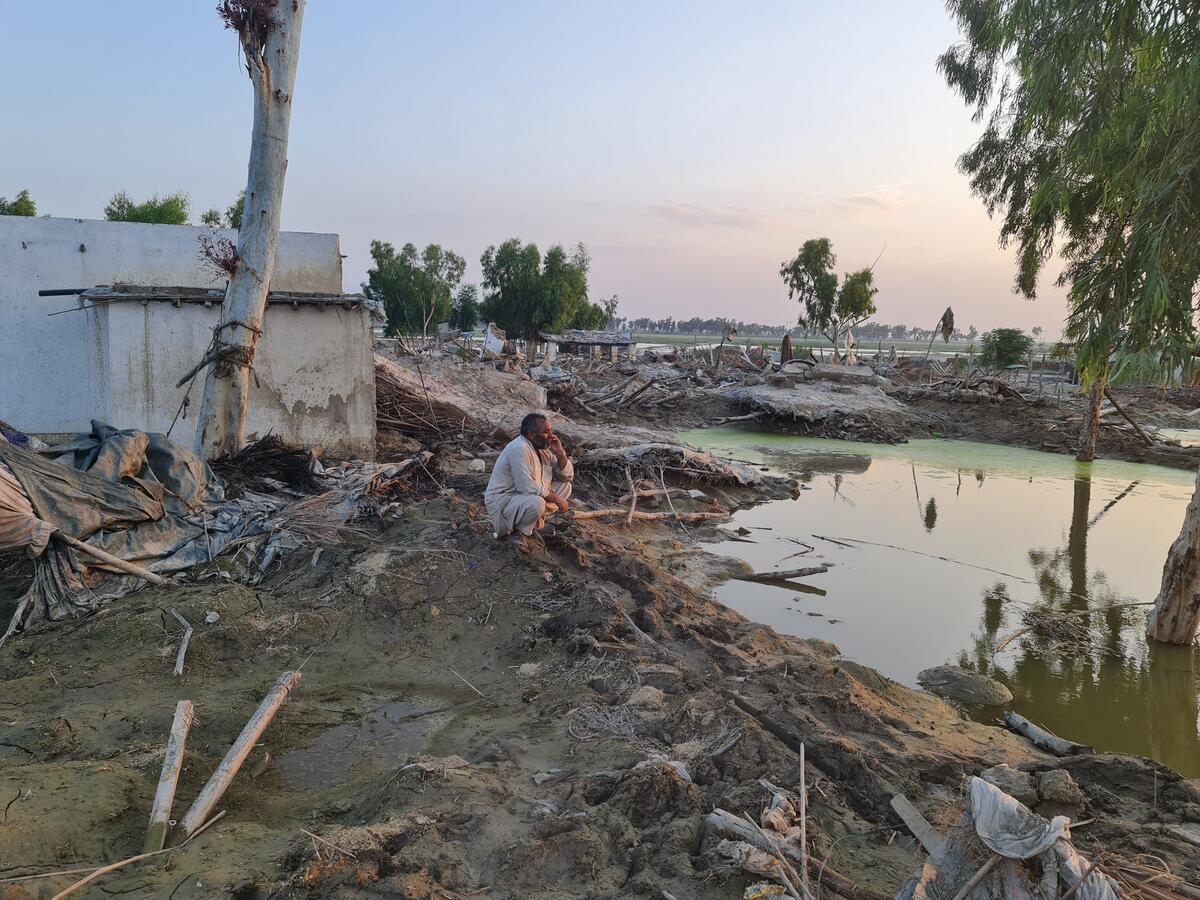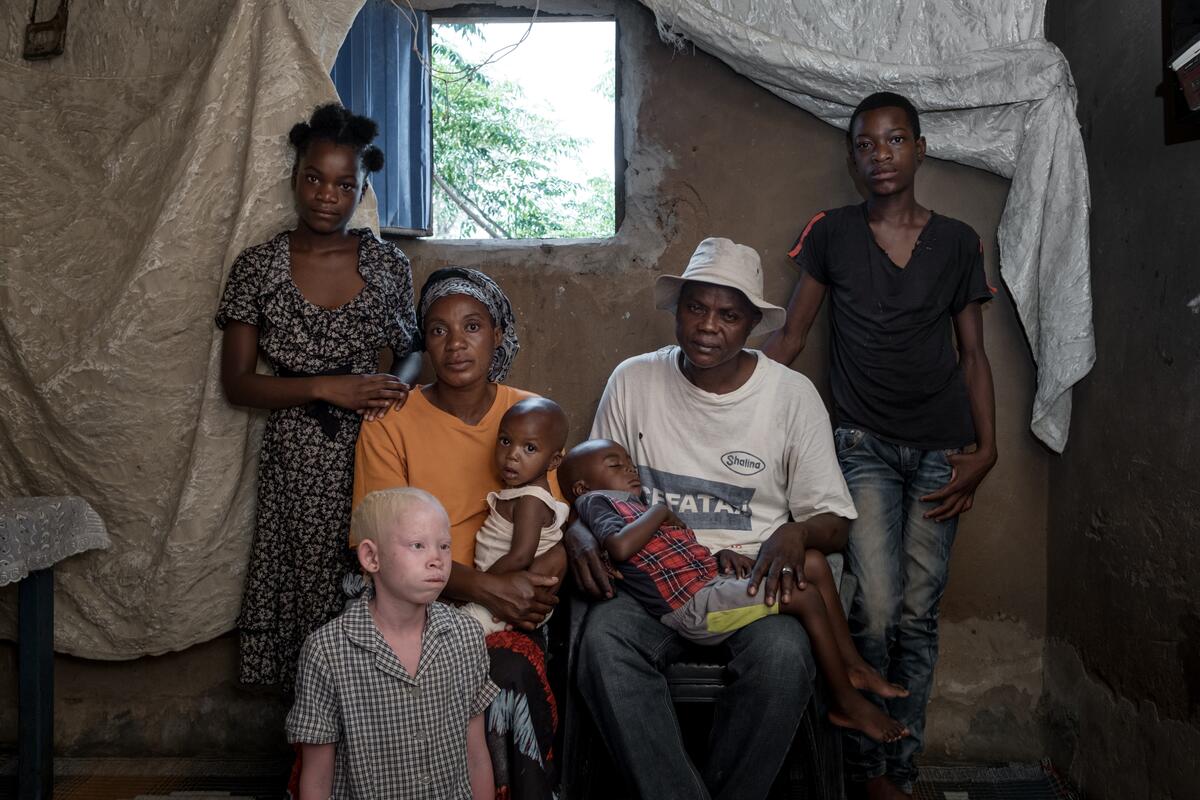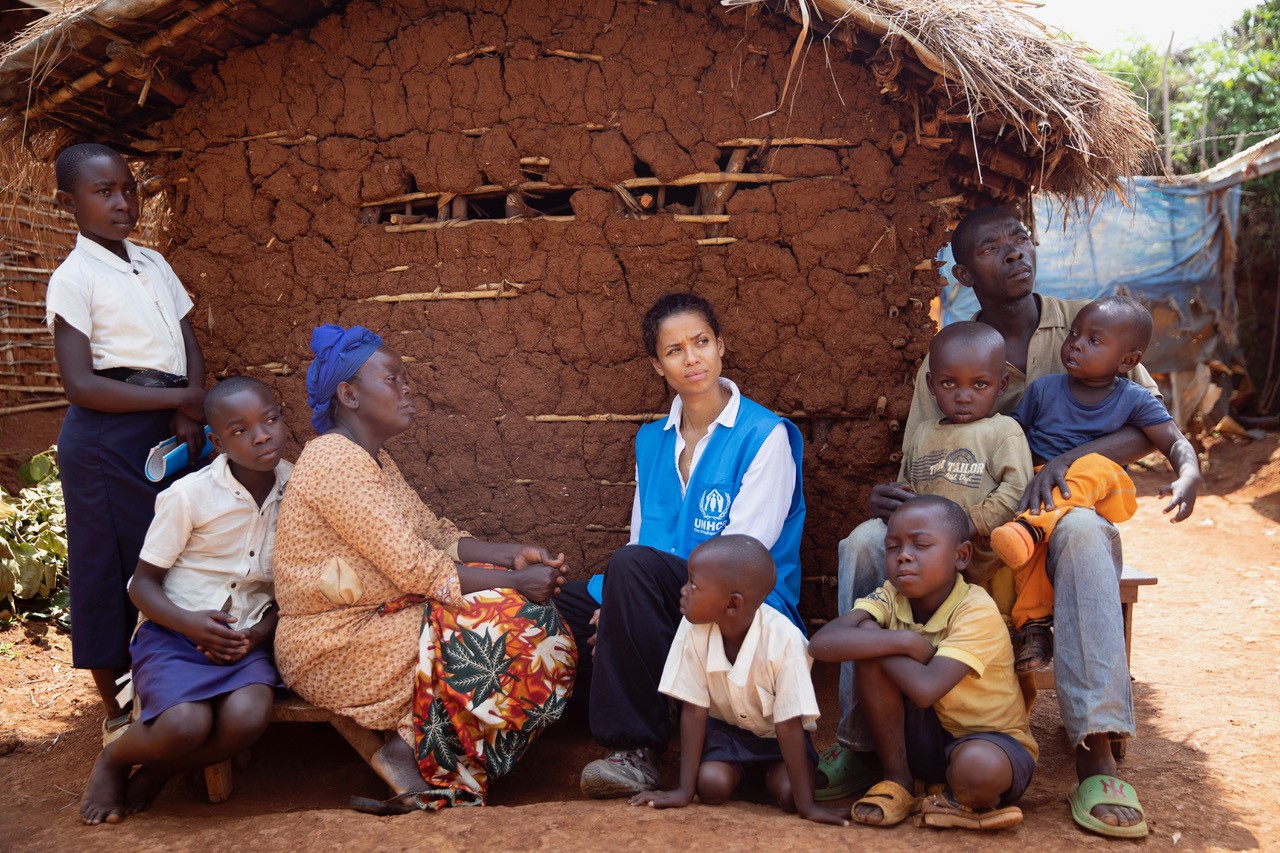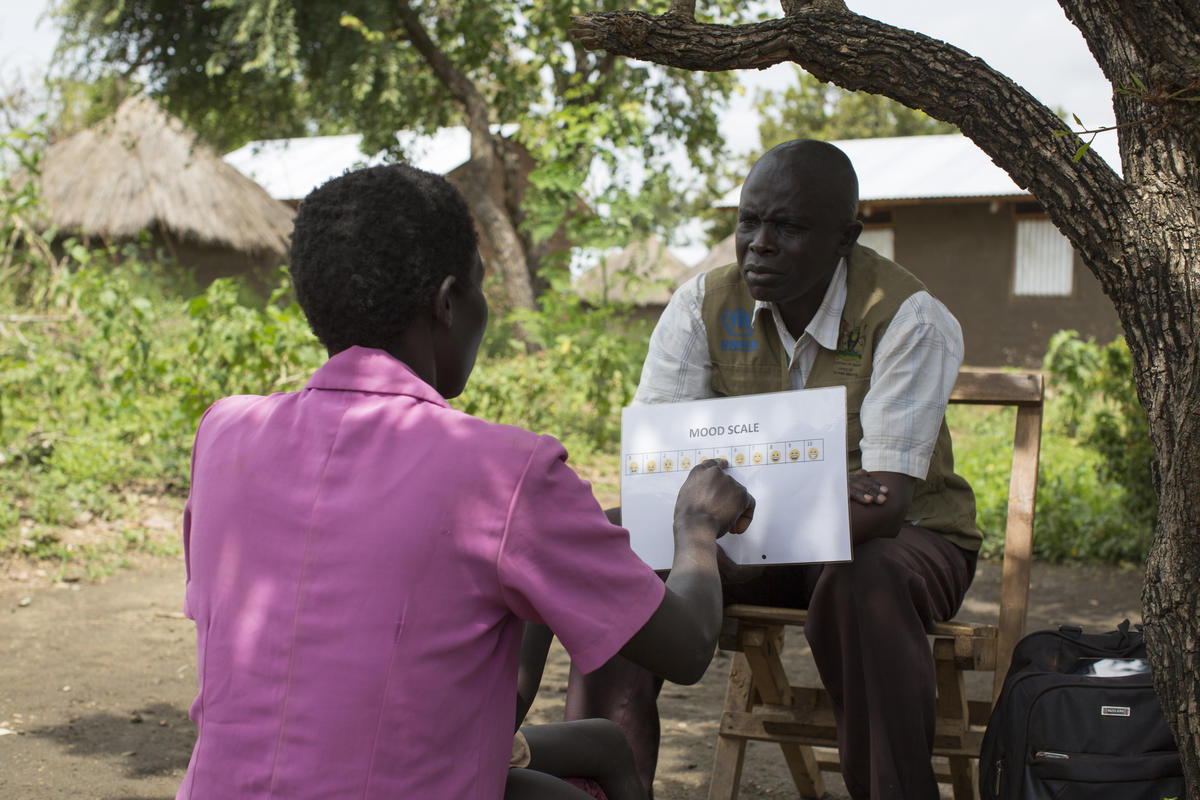With displacement at a record high, UNHCR urges rethink of global humanitarian financing
With displacement at a record high, UNHCR urges rethink of global humanitarian financing

GENEVA, September 30 (UNHCR) - UN High Commissioner for Refugees António Guterres warned today that the global humanitarian system has become dangerously overstretched by new crises in the Middle East and Africa and continuing unresolved conflicts in Afghanistan, Democratic Republic of the Congo, Somalia and elsewhere.
In an unusually frank assessment, Guterres told the annual meeting in Geneva of UNHCR's governing Executive Committee, that growth in global humanitarian funding - already at a record high in 2013 of US$22 billion - is no longer keeping pace with accelerating needs, requiring a fundamental rethink of both humanitarian and development financing.
"In addition to the ongoing Syria crisis, new conflicts in the Central African Republic, South Sudan, Ukraine and most recently Iraq have caused terrible suffering and massive displacement," he said. "The international humanitarian community has scrambled to respond to these needs. But with every new crisis, we get closer to the limits of how much we can do, and we are clearly no longer able to do enough."
The year to date has seen continuing dramatic growth in mass displacement from wars and conflict. In June, UNHCR announced that worldwide forced displacement numbers had reached 51.2 million - a level not previously seen in the post-World War II era.
In the past 12 months, UNHCR and its partners have contended with five full-blown humanitarian crises, known in the UN-system as Level 3 emergencies. This has required - among other things - 670 new emergency staff deployments, urgent recruitment of hundreds more people to help, and wide shifting of staff between existing and new operations.
Guterres paid tribute to developing nations and countries bordering war zones for continuing to host and protect almost nine out of every 10 of the world's refugees. He also thanked private and government donors for their support to UNHCR and its cause - to the tune of US$2.9 billion in 2013. UNHCR, he said, was working to strengthen its collaboration with UN and NGO partners, as well as development actors.
"The Syria situation in particular underlines the urgency of adapting the way we work together. The massive needs it has created exceed the resources, expertise and capacities of humanitarian actors," he said. "I hope that the lessons we are learning in the Middle East today can be transferred to other crises and allow for an earlier linkage between relief and development actions in any response to forced displacement."
Guterres also spoke of progress and challenges for UNHCR over the coming year: 2014 is the 60th anniversary of the 1954 Convention relating to the Status of Stateless Persons and in November UNHCR plans to launch a global campaign aimed at eradicating statelessness within 10 years.
With tens of thousands of people today fleeing by boat - including across the Mediterranean, Bay of Bengal and Gulf of Aden - improving protection at sea has become an urgent priority. Guterres said much more needed to be done to help the half of the world's refugees who are below 18 years of age. He also said UNHCR would be pursuing a further strengthening of measures to combat sexual and gender-based violence, and seeking more support from states in finding lasting homes for refugees in order that they can better move forward with their lives.
"The last few years have seen conflicts break out or escalate in a myriad of places, and these crises are becoming both more unpredictable and increasingly interlinked," Guterres said, adding that displacement was also increasingly being driven by factors such as population growth, urbanization, poverty and climate change.
"It is very likely that all this will only lead to further enormous increases in humanitarian needs in the years to come," he said. "This clearly puts in question the adequacy and sustainability of the resources available for humanitarian response. Already today, with the exponential increase in needs we have seen just in the last three years, the humanitarian financing system is nearly bankrupt."
Guterres appealed to UN member states to work more closely to overcome differences and contradictions that lie behind many of the world's conflicts. He ended his speech on a personal note: "I continue to be deeply shocked by the indifference of those who carry the political responsibility for millions of people being uprooted from their homes," he said.
"They accept forced displacement, with its huge impact on individuals, countries, communities, and entire regions, as normal collateral damage of the wars they lead. They act with conviction that humanitarians will come and pick up the pieces. But let me be very clear: We humanitarians can no longer clean up the mess. Someone has to stop it from happening in the first place."
For the full speech, go to http://www.unhcr.org/542a6e6e9.html








